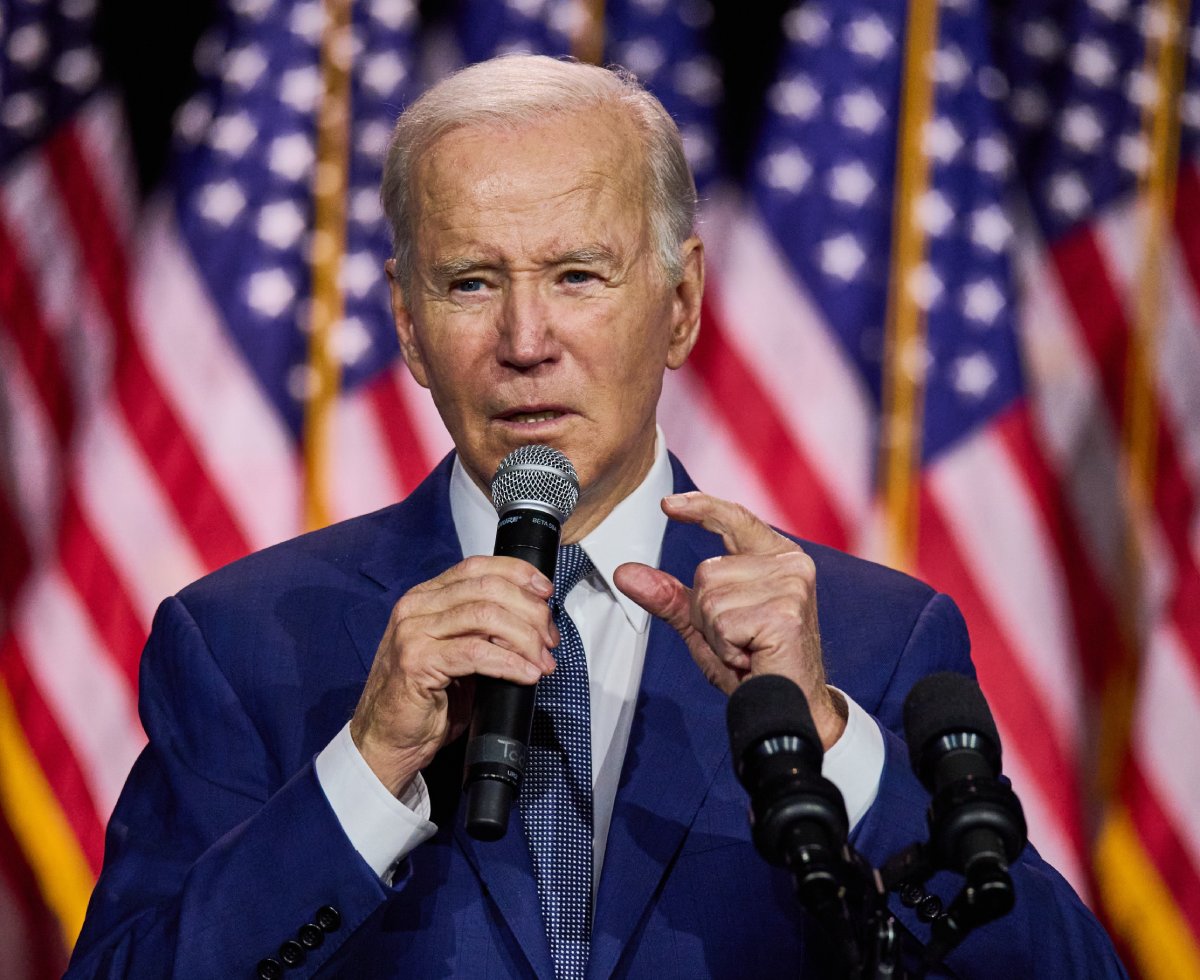The Biden administration has launched a new mission to tackle “junk fees,” proposing significant regulatory changes, including a rule by the Consumer Financial Protection Bureau to cap credit card late fees at $8 that could save consumers $14.5 billion annually. This effort extends beyond credit cards, targeting various sectors with unfair fees, thereby reflecting a broad commitment to protect consumer finances and ensure transparency in pricing.
Targeting Fees
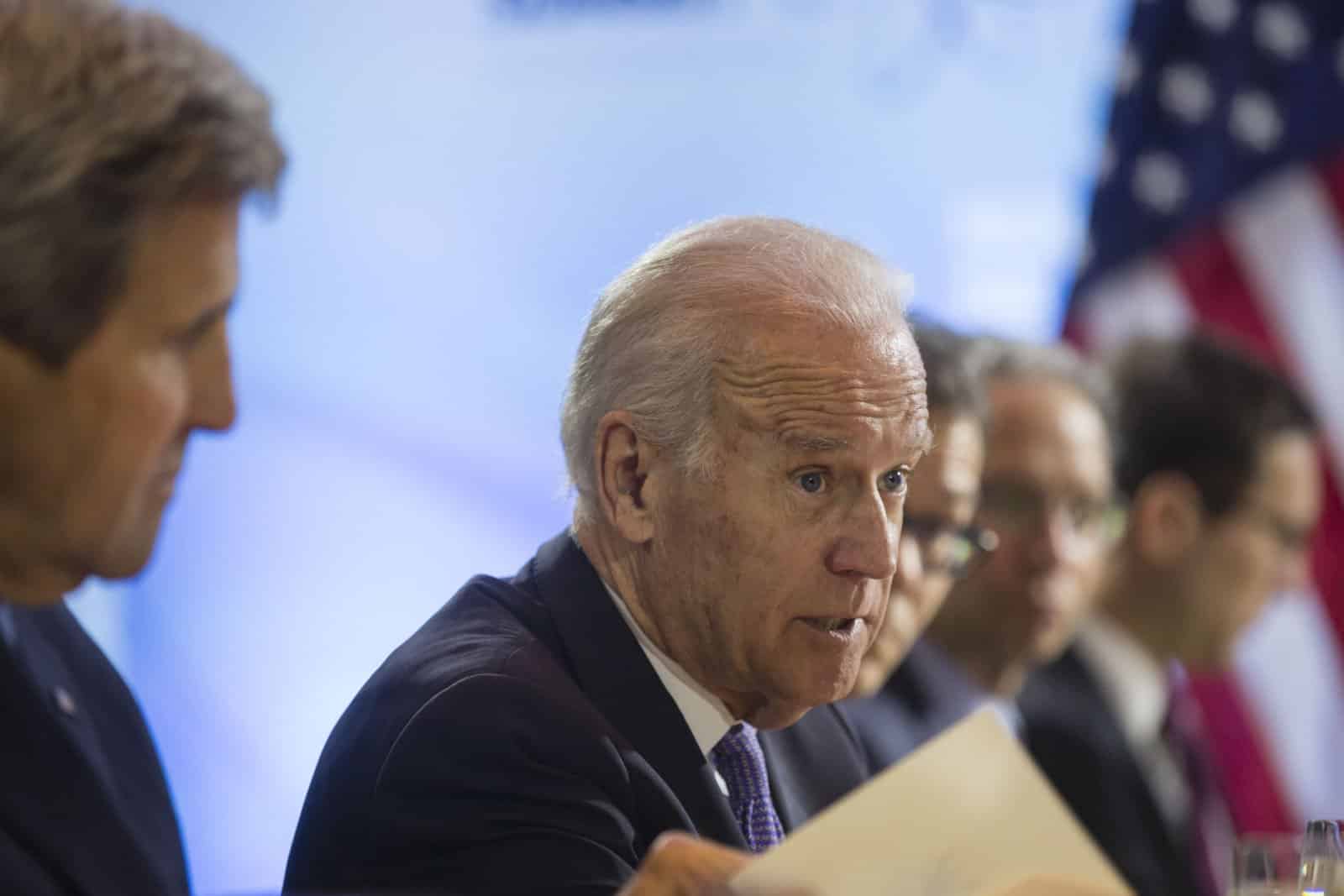
Under the Biden administration, a strategic move has been made to introduce rule changes and regulations specifically targeting junk fees.
A New Cap

This initiative includes a significant rule proposed by the Consumer Financial Protection Bureau (CFPB) to cap the average late fee for credit card payments at $8, a substantial reduction from the current average of about $32.
Credit Card Loopholes

This new action addresses a loophole that credit card companies have exploited within the Credit Card Accountability Responsibility and Disclosure Act of 2009, which was originally intended to limit excessive late fees.
The Act’s Issue
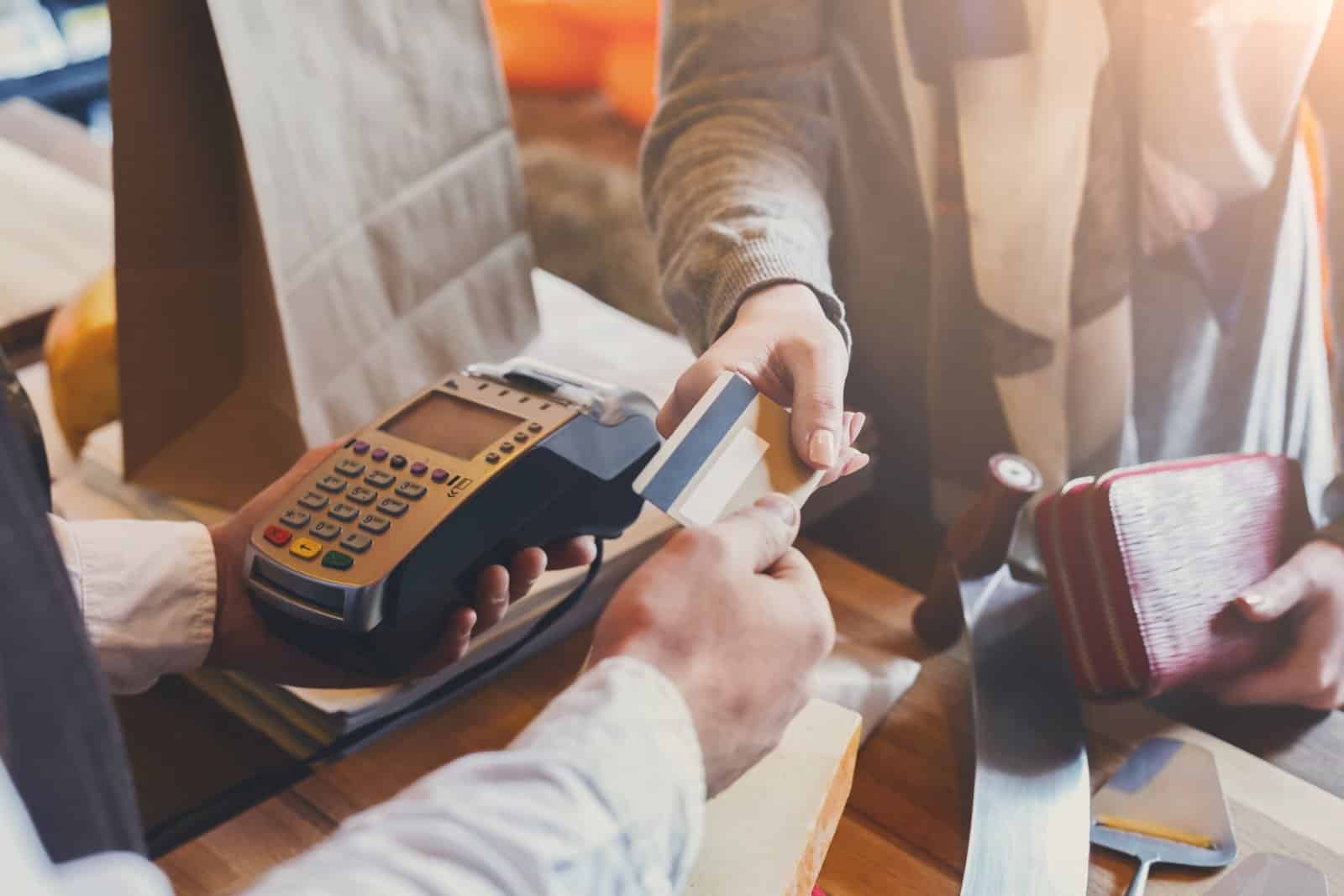
The issue with the Credit Card Accountability Responsibility and Disclosure Act of 2009 left a window open for credit card companies to hike fees with inflation’s upward climb, starting from a $25 base.
$14.5 Billion for Consumers

The ripple effects for consumers could be massive. The CFPB’s data suggests that a whopping $14.5 billion could stay in consumers’ pockets instead of vanishing as “junk fees.”
$220 Average

With around 45 million Americans paying late fees each year, the average person would save $220.
Bulk Billing
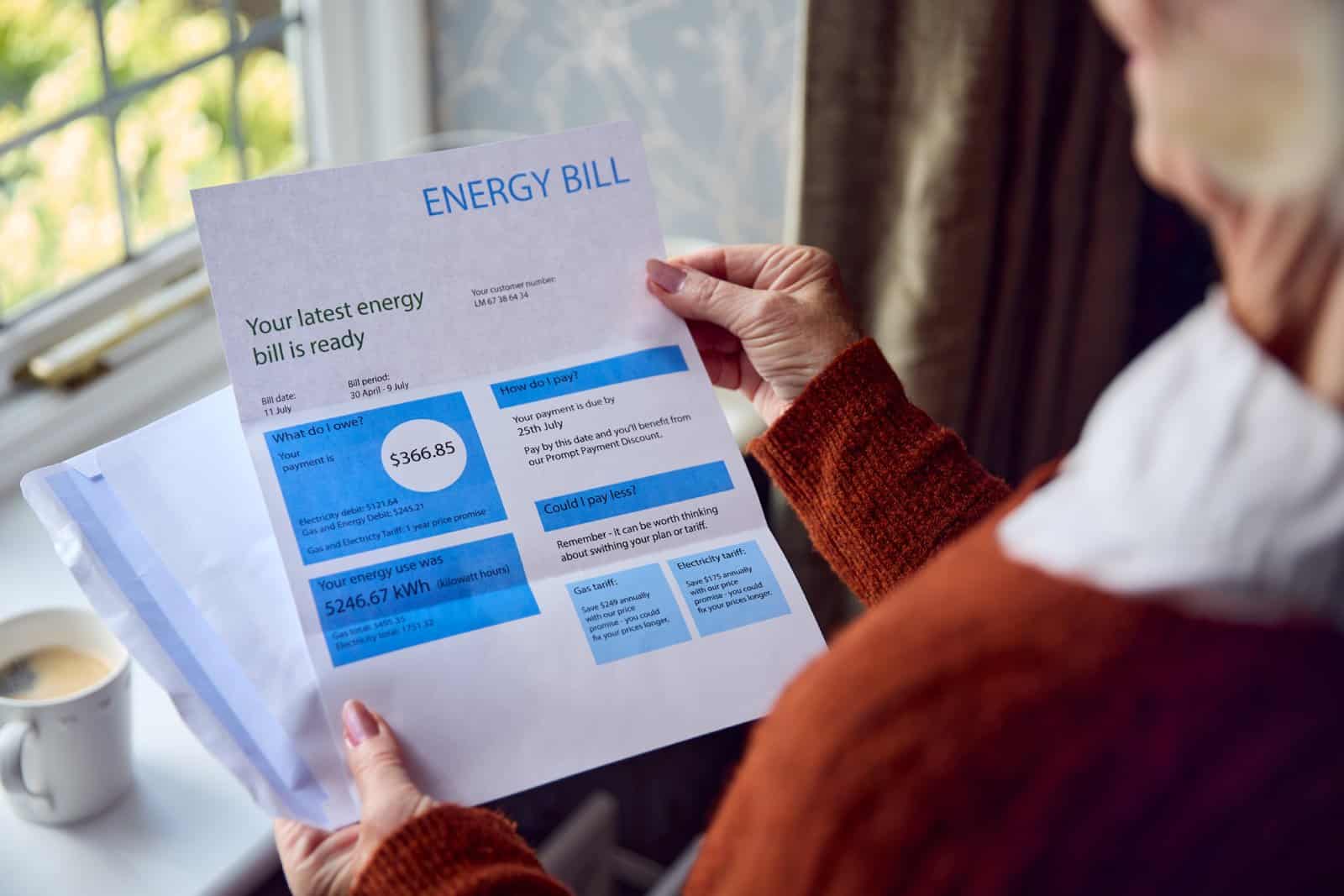
But the horizon of junk fee combat stretches even further. The FCC is on a mission to dismantle “bulk billing” by landlords, which often leads to renters paying for unused services such as electricity, internet, and cable.
Going After Grocery Fees

The Department of Agriculture has introduced rules to decrease grocery prices, specifically targeting retaliatory actions by distributors against farmers considering cooperation with competitors or co-ops.
Ticketmaster Fees

The spotlight recently intensified with new research into the cost of junk fees across various sectors, highlighting the significant financial impact on consumers, from cable subscriptions to airline fees, concert tickets, restaurant service fees, and bank charges for overdrafts or insufficient funds.
Ticketmaster and Taylor Swift

The administration’s focus on junk fees gained traction following the public outcry over Ticketmaster’s handling of ticket sales for high-profile events, such as Taylor Swift’s Eras Tour.
More Scrutiny

This incident led to more scrutiny of adding fees to purchase at the end of the checkout process across various industries since so many people were unable to purchase tickets for Taylor Swift’s tour.
Including Fees Upfront
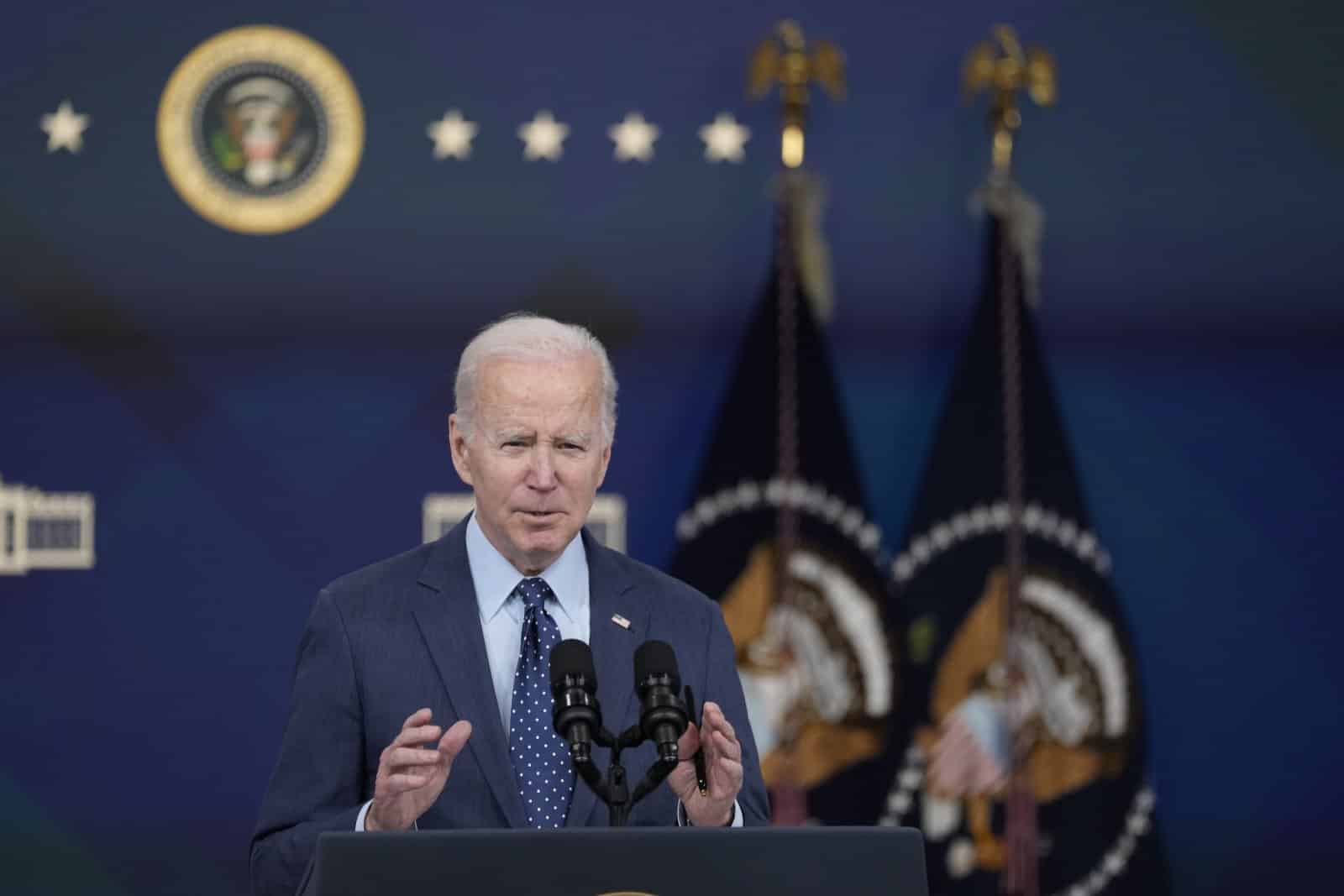
Due to the outrage, the Biden administration met with and encouraged companies like Live Nation, AirBnB, and SeatGeek to commit to more transparent pricing practices by including fees upfront.
Federal Agencies Marching Forward
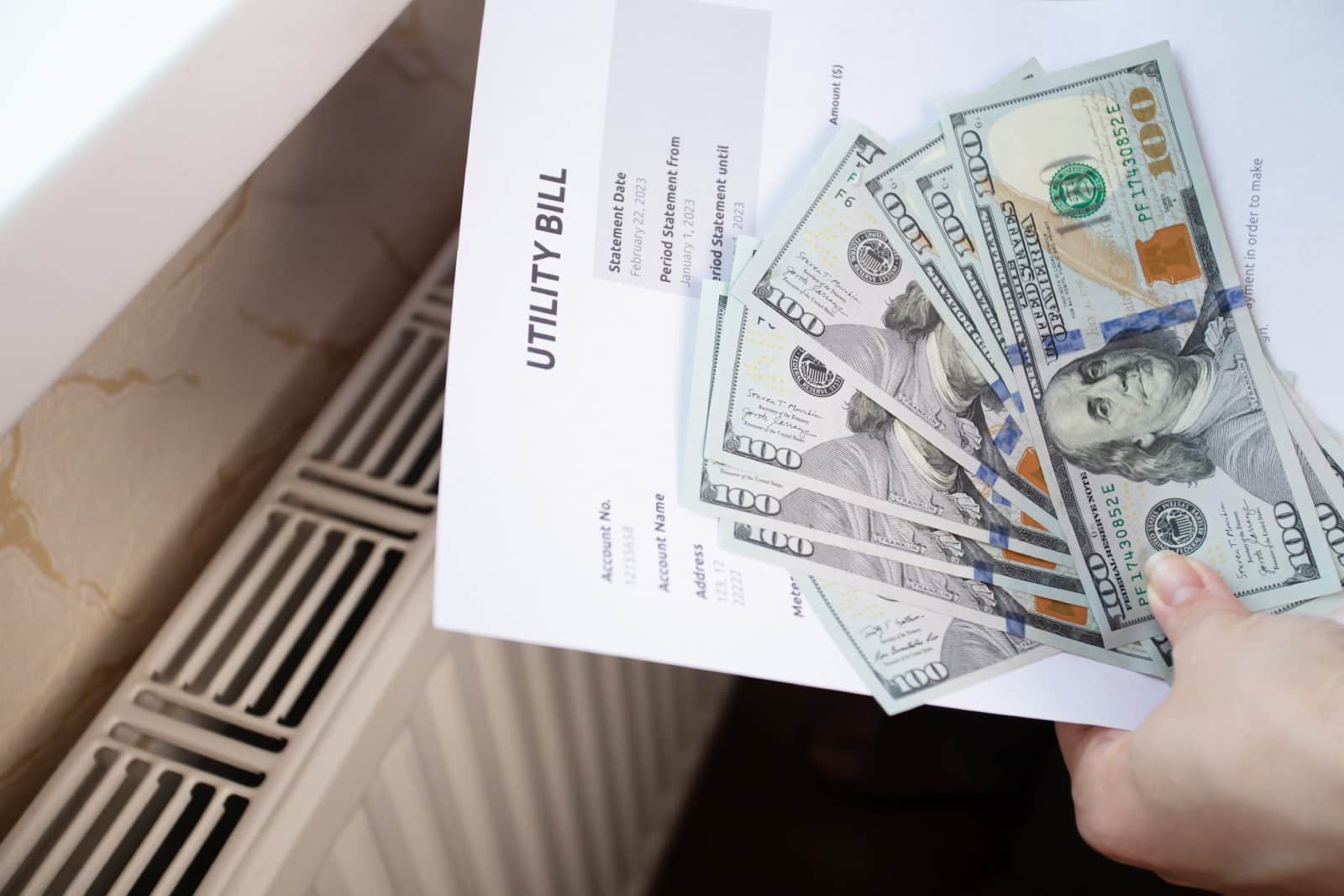
At the same time, federal agencies aren’t watching from the sidelines. The FCC, Department of Transportation, and the CFPB have each drawn their battle lines against hidden fees in their domains, from clear cable pricing to fair airline seat change fees and lower bank overdraft charges.
An Urgent Need for Regulation

The weight of these junk fees on the public’s shoulders is staggering. Americans forked over about $250 million in 2023 alone for tickets to major events, spotlighting the urgent need for regulatory intervention to safeguard consumer interests and pocketbooks.
Nickel-and-Diming Consumers
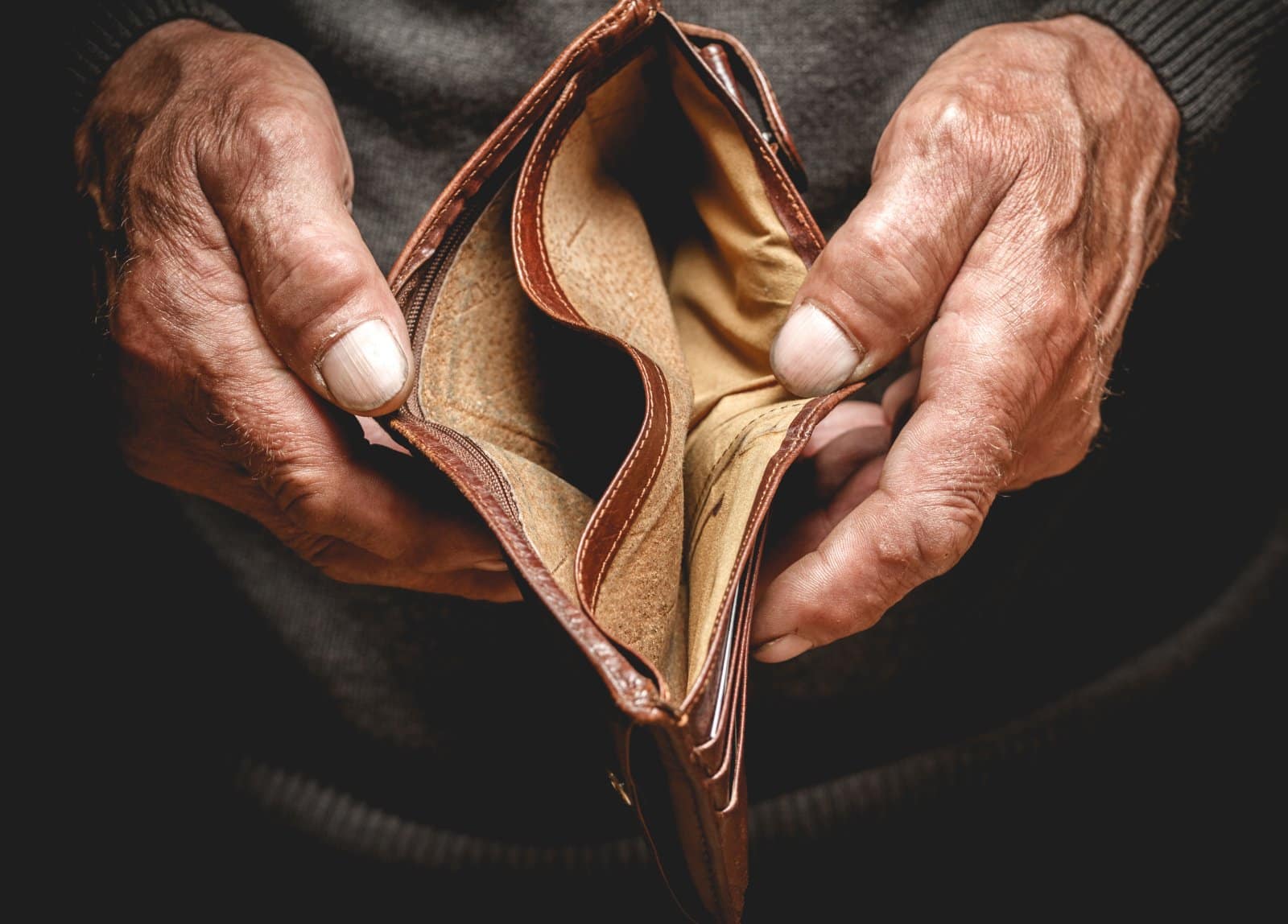
As this narrative unfolds, it’s more than just a policy update. It’s a robust stand against the nickel-and-diming tactics that drain consumers’ wallets.
The post Biden Takes Aim at “Junk Fees” to Save Americans Billions first appeared on Swift Feed.
Featured Image Credit: Shutterstock / Paul Froggatt.

